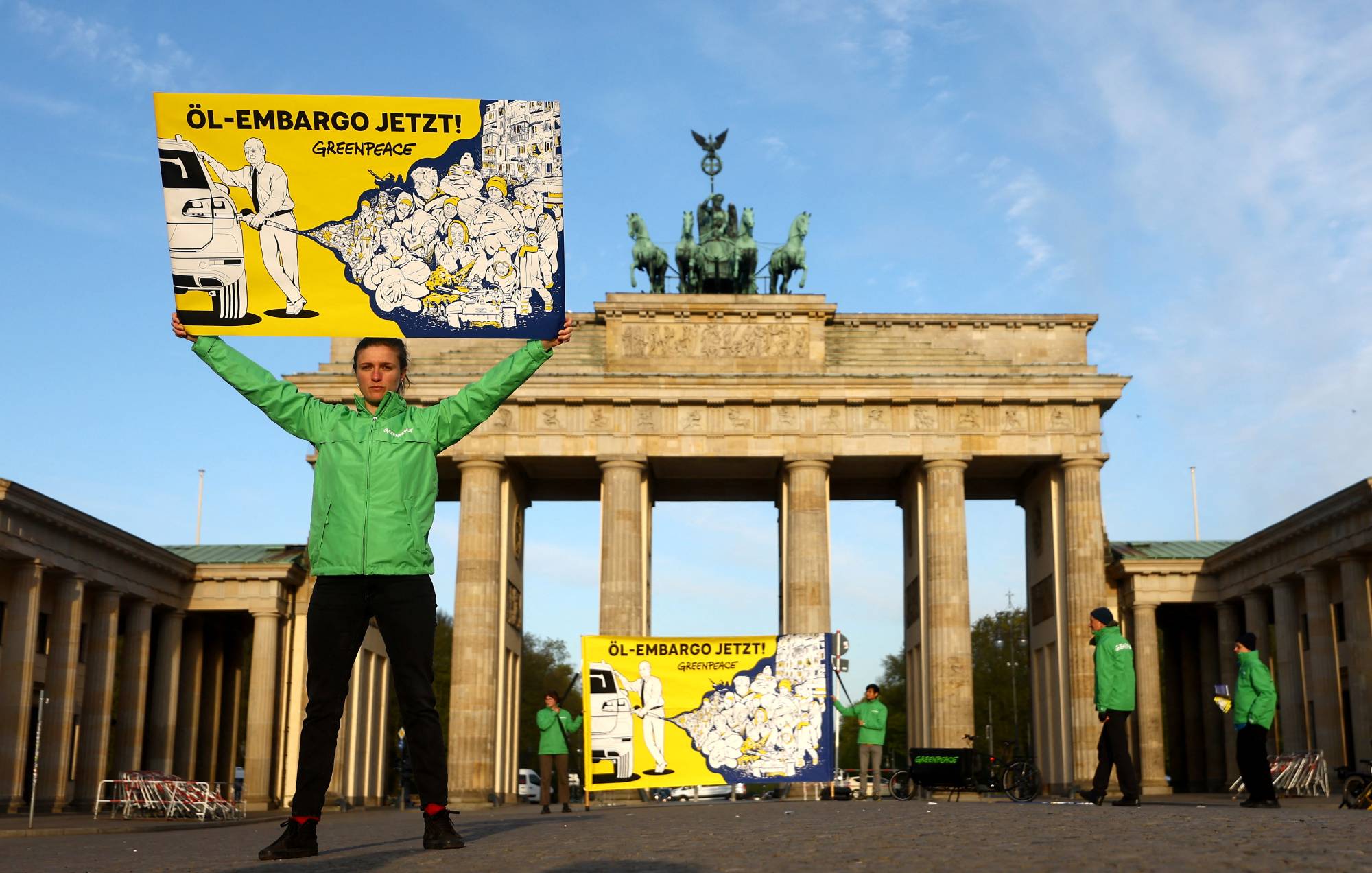Europe’s economy is finely poised between recession and growth. The knife edge is sharp because European policymakers have exactly zero control over the outcome.
Before Russian President Vladimir Putin’s attack on Ukraine, Europe’s recovery from the damage wrought by the COVID-19 pandemic was solidifying. Industrial production rose in January and retail trade rebounded. Economic sentiment improved in the first half of February, surpassing pre-pandemic levels. But then the war dented consumer confidence by heightening uncertainty and raising energy and commodity prices. In mid-March, the European Commission’s consumer confidence indicator fell to its lowest level since the start of the pandemic.
So far, however, the data show only a mild softening of demand and limited disruptions to supply. They signal nothing remotely resembling the collapse in activity that accompanied 2020-21 pandemic lockdowns. The OECD’s weekly tracker of economic activity, which uses machine learning and Google Trends data to infer real-time changes, similarly points to only a mild slowdown. Box office receipts are stable. Restaurant receipts are stable. Data from the navigation service TomTom do not suggest much decline in mobility-related activity.


















With your current subscription plan you can comment on stories. However, before writing your first comment, please create a display name in the Profile section of your subscriber account page.